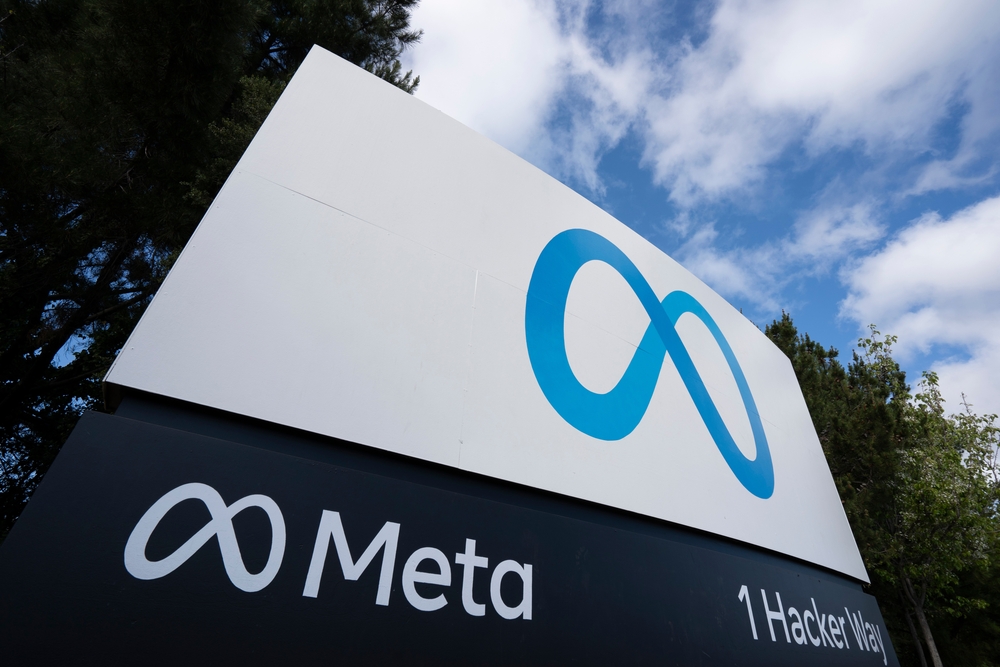In a surprising turn of events, Meta, the parent company of social media giant Facebook, has implemented a new policy that blocks content from Canadian news publishers. This move has ignited a wave of controversy, sparking concerns about media accessibility and freedom of information. With Meta’s dominant position in the online sphere, the implications of this decision are far-reaching and have significant implications for both publishers and consumers.

The Unprecedented Policy Change:
Meta’s decision to block content from Canadian news publishers marks a significant departure from its previous practices. This new policy effectively prevents publishers from sharing their articles, breaking news, and other content on Meta’s platforms. As a result, these publishers are unable to reach their audiences and engage with readers through the social media giant’s extensive user base.
Implications for Canadian News Publishers:
The implementation of this policy has left Canadian news publishers in a precarious position. As Meta serves as a crucial channel for reaching a wide audience, this blockade severely hampers publishers’ ability to distribute their content and connect with readers. The impact on these publishers’ revenue streams and overall visibility is a cause for concern, as they heavily rely on platforms like Meta to amplify their reach.
Media Accessibility Concerns:
Meta’s decision to block content from Canadian news publishers raises fundamental questions about media accessibility. By limiting the dissemination of news articles and updates from reputable sources, Meta may inadvertently contribute to a decline in the availability of reliable information for users. This potential erosion of media diversity and the public’s access to a variety of perspectives poses a threat to informed decision-making and democratic discourse.
Freedom of Information and Editorial Independence:
The move by Meta also highlights broader concerns regarding freedom of information and editorial independence. As Meta exerts significant control over the distribution and visibility of news content, questions arise about the company’s role in shaping the narratives and influencing public opinion. This level of power can potentially undermine the journalistic integrity and impartiality crucial for a well-informed society.
Challenges for the Public:
The blocking of Canadian news publishers’ content by Meta presents challenges for the public. With limited access to reliable news sources through social media, users may encounter difficulties in staying informed about local and international events. This restriction may lead to an overreliance on alternative information sources, including unverified or biased content, ultimately compromising the quality and accuracy of news consumed by the public.
Meta’s Response and Future Implications:
Meta has yet to provide detailed explanations or justifications for this policy change, leaving many stakeholders and observers uncertain about its motivations. The potential long-term implications of this decision on the media landscape, the relationship between platforms and publishers, and the public’s access to diverse information remain to be seen. It also raises questions about the need for greater transparency and accountability in the practices of social media giants like Meta.
Meta’s decision to block content from Canadian news publishers sends shockwaves through the media industry and raises concerns about media accessibility and freedom of information, notes NIX Solutions. As this policy change unfolds, it is essential for stakeholders to engage in dialogue, advocating for transparent and inclusive practices that uphold the principles of a free press and ensure the public’s access to diverse and reliable news sources.
